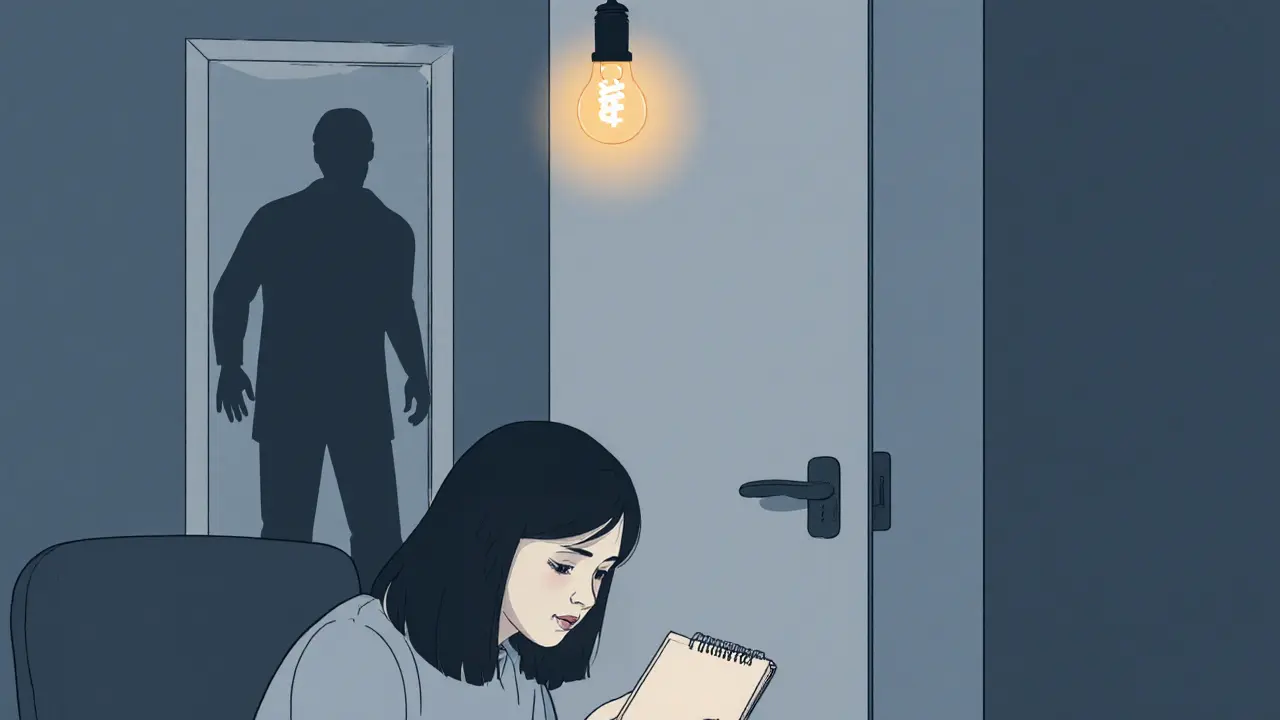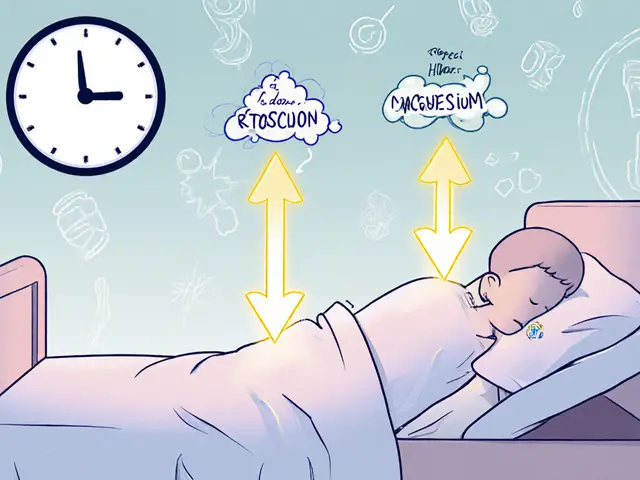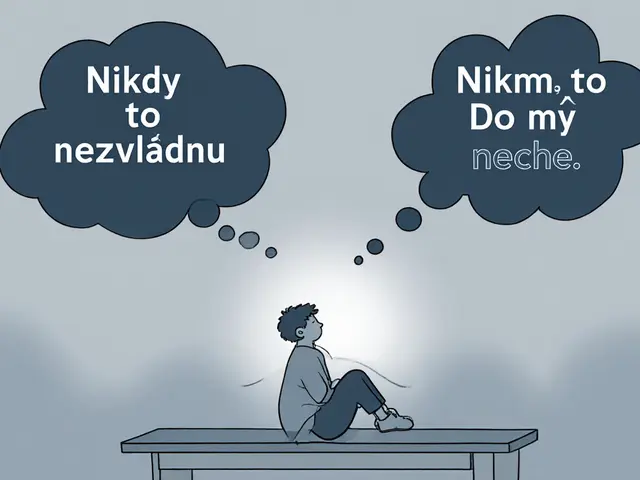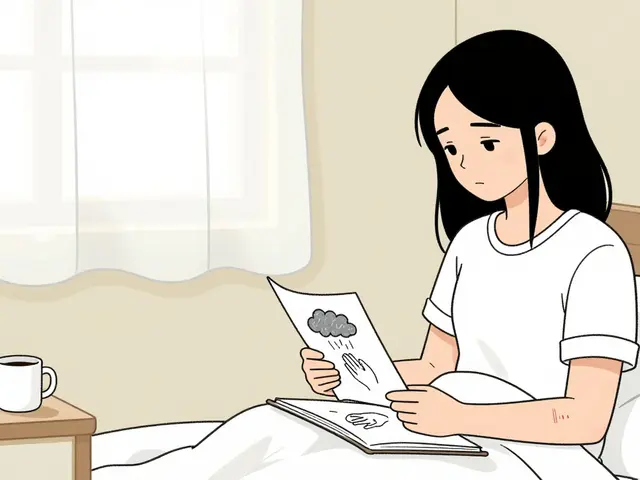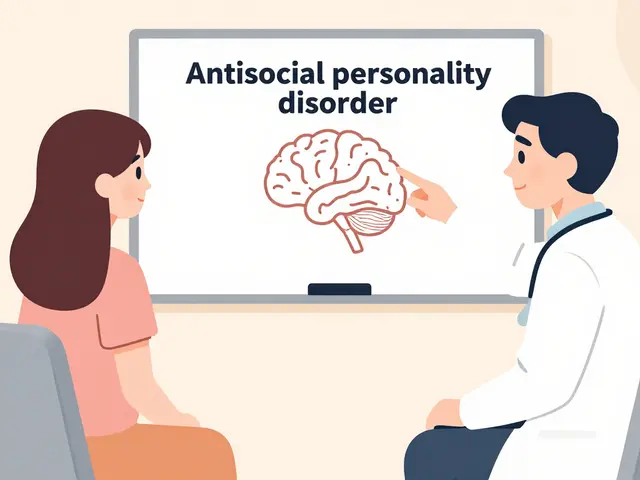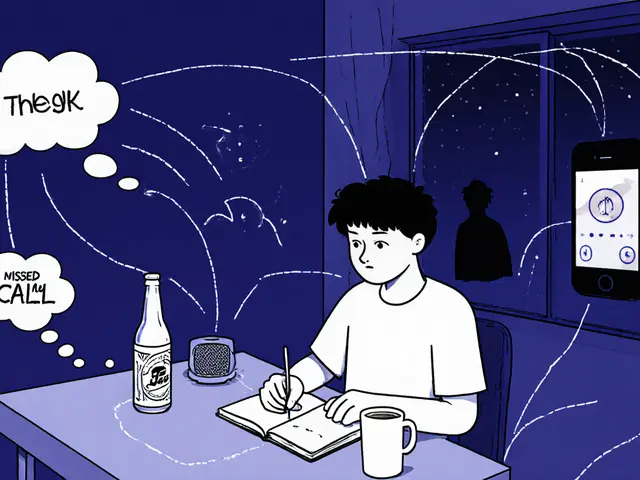When someone suggests couples therapy after domestic violence, it sounds like a reasonable solution-work through it together, heal the relationship, rebuild trust. But in reality, for many people, that advice can be deadly. In the Czech Republic, more than 70% of domestic violence cases involve what experts call intimate terrorism: a systematic, long-term pattern of control, fear, and psychological domination. In these situations, couples therapy isn’t healing-it’s a trap.
Why couples therapy can make things worse
Couples therapy assumes both partners are equal participants in a broken relationship. But when one person is using violence to control the other, that assumption is false. The abuser doesn’t want to fix the relationship-they want to keep control. Therapy sessions become another stage for manipulation. According to data from Sančedětem, an organization working with perpetrators of domestic violence since 2005, 82% of women who entered couples therapy without first separating from their abuser reported increased violence within three months. Why? Because the abuser uses the therapist’s presence to gaslight, blame, and minimize. They say things like, “You provoked me,” or “You’re exaggerating,” and the therapist, unaware of the power imbalance, may unintentionally validate those lies. A 2024 study from Charles University and Masaryk University analyzed 127 cases of domestic violence between 2019 and 2023. They found that in 78% of cases where the abuser hadn’t taken responsibility for their actions before therapy began, violence escalated within six months. In 63% of cases where couples therapy was offered without a prior individual assessment of the perpetrator, the victim suffered further abuse during therapy.The red flags that make therapy dangerous
Not all domestic violence is the same. Experts distinguish between two main types: situational violence and intimate terrorism. Situational violence-about 30% of cases-is often triggered by stress, alcohol, or a single argument. It can sometimes be addressed through therapy, but only after serious groundwork. Intimate terrorism-70% of cases-is different. It’s not about losing control. It’s about maintaining control. Here are the key warning signs that couples therapy is absolutely not safe:- The abuser denies the violence happened (73% of cases)
- There’s been a threat of murder (28% of cases)
- The victim is isolated from friends and family (61% of cases)
- The abuser controls all money (72% of cases)
- The victim is monitored through phones, GPS, or social media (57% of cases)
- The abuser has a criminal record (42% of cases)
What the law and experts say
The Czech Ministry of Labour and Social Affairs updated its guidelines in December 2023. They’re clear: couples therapy after domestic violence is only acceptable under four strict conditions:- The perpetrator has completed at least six months of individual therapy and shows consistent behavioral change
- The perpetrator has fully accepted responsibility for their actions-not blamed the victim
- The victim has given free, uncoerced consent-no pressure, no fear
- A safety plan, approved by an intervention center, is in place

The trauma that therapy can retrigger
Domestic violence isn’t just about what happened-it’s about how the body remembers it. Trauma lives in the nervous system. A victim who hasn’t processed their fear, shame, or helplessness isn’t ready to sit across from the person who caused it. A 2020 study tracking 300 victims found that those who entered couples therapy before individual trauma work were 3.2 times more likely to develop PTSD two years later. Why? Because the therapy setting forces them to speak in front of their abuser. They freeze. They lie. They shrink. They say what they think the abuser wants to hear. And the therapist, trained in healthy relationship dynamics, doesn’t realize they’re witnessing a performance of survival-not honesty. A 2022 survey of 150 Czech therapists revealed that 41% had never received proper training on recognizing the risks of couples therapy in domestic violence cases. That means many victims are being sent into therapy by well-meaning but unprepared professionals.What actually helps
If you’re a victim of domestic violence, your priority isn’t fixing the relationship. Your priority is your safety and your healing.- Start with individual therapy focused on trauma recovery
- Connect with an intervention center like Spondea or Sančedětem-they’ll help you create a safety plan
- If you’re ready, the abuser should attend separate, perpetrator-specific therapy for at least six months
- Only after all this, and only if both parties meet the strict criteria, should couples therapy even be considered
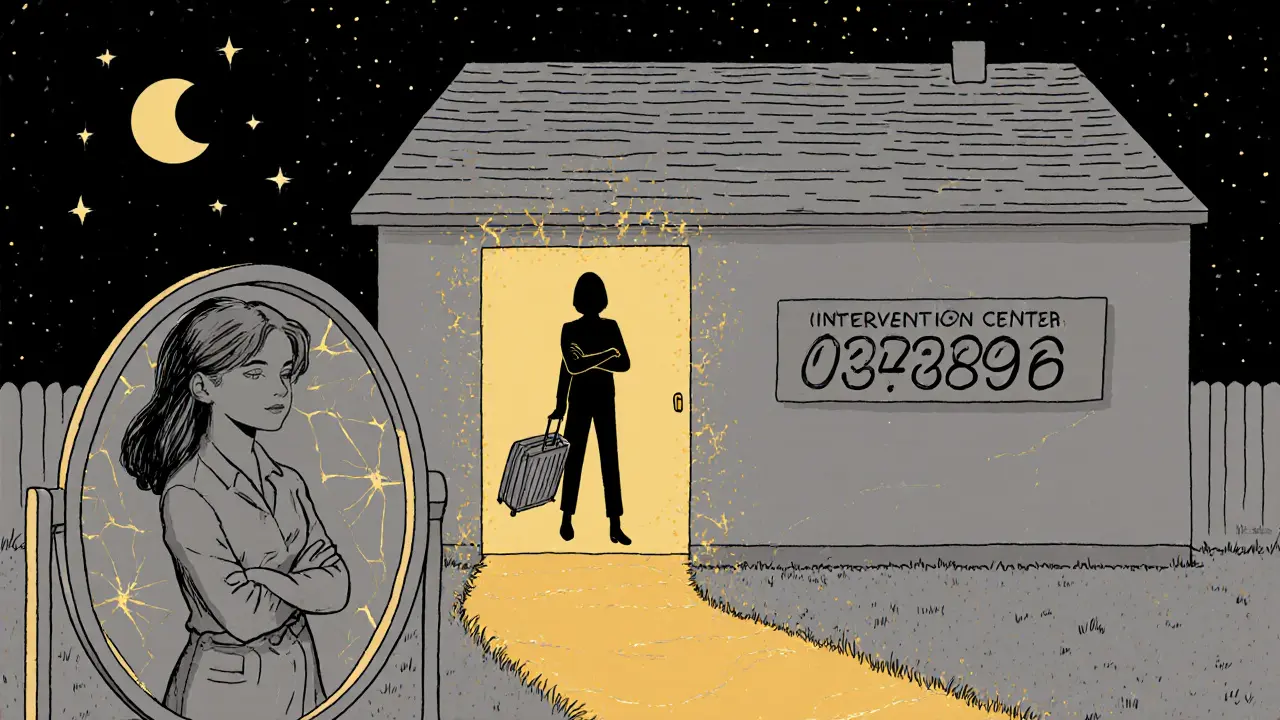
What to do if you’re being pressured into couples therapy
If someone-therapist, friend, family member-tells you to “try couples therapy” after abuse, here’s what you can say:- “I need to heal on my own first.”
- “I’m not ready to be in the same room with them.”
- “I need a safety plan before we talk about reconciliation.”
- “I’m not responsible for their behavior. They need to change, not me.”
Where to get help in the Czech Republic
You’re not alone. These organizations offer free, confidential support:- Sančedětem - Support for victims and perpetrators (www.sancedetem.cz)
- Spondea - Intervention center with safety planning (www.spondea.cz)
- Národní centrum pro násilí na ženách - 24/7 helpline: 800 100 100
- Centrum pro rodinnou terapii Praha - Specialized trauma-informed therapy
Je vztahová terapie bezpečná, pokud se pachatel náhodou změnil?
Změna se neukazuje jen tím, že pachatel řekne „promiň“. Skutečná změna trvá minimálně šest měsíců individuální terapie, přičemž musí být potvrzena odborníkem. I když se chování zdá lepší, pachatel může stále udržovat kontrolu jinými způsoby - například manipulací, izolací nebo finančním nátlakem. Bez bezpečnostního plánu a nezávislého posouzení je vztahová terapie stále nebezpečná.
Co když oběť chce vztah zachránit?
Chcet-li zachránit vztah, je důležité pochopit, že největší láska, kterou můžete ke svému partnerovi projevit, je ochrana svého života. Vztah, který vyžaduje, abyste si obětovali svou bezpečnost, není láska - je to násilí v jiné podobě. Terapie může pomoci, ale jen pokud je založena na rovnosti a bezpečí. Pokud se oběť cítí v nebezpečí, i když to neříká, terapie je nebezpečná.
Proč terapeuti někdy navrhují vztahovou terapii, i když je nebezpečná?
Mnoho terapeutů není adekvátně vyškoleno v oblasti domácího násilí. Někteří věří, že „všechno lze vyřešit hovorem“, aniž by pochopili rozdíl mezi konfliktem a násilím. Jiní se obávají, že budou považováni za „zásahové“ nebo „proti rodině“. To je nebezpečný přístup. V domácím násilí není cílem zachránit vztah - cílem je zachránit život.
Může být vztahová terapie užitečná pro oběť, pokud pachatel neúčinkuje?
Ne. Pokud pachatel neúčinkuje, vztahová terapie je pro oběť ztrátou času a zdrojů, které by mohly být využity k jejímu vlastnímu zotavení. V takovém případě se terapie stává dalším nástrojem kontroly - oběť se cítí odpovědná za „neúspěch“ terapie, což ji ještě více osamění a zničí její sebevědomí. Výsledkem je často zhoršení PTSD a větší náklon k návratu k pachateli.
Co když pachatel chce terapii, ale oběť ne?
Nikdy nejste povinni jít do terapie, pokud se cítíte nebezpečně. Pokud pachatel vás nutil k terapii, to je známka kontroly. Pokud se cítíte vystrašeně, pod tlakem nebo jako byste měli „přesvědčit“ terapeuta, že to jde - to je varovný signál. Vaše bezpečnost je vždy první. Pokud potřebujete pomoc, kontaktujte intervenční centrum. Nejste sami.
